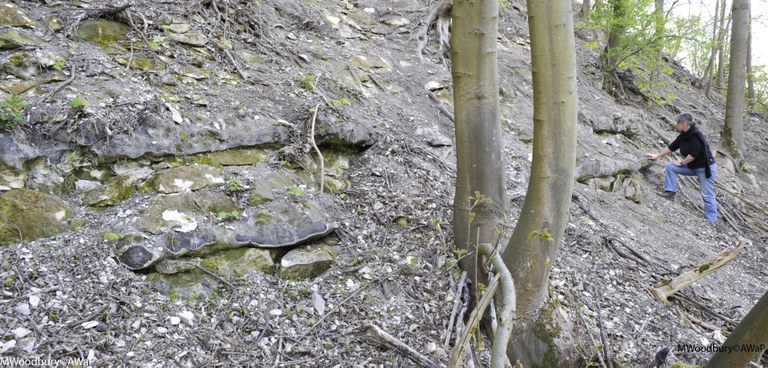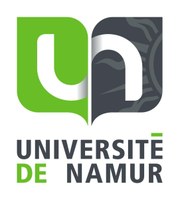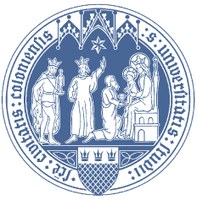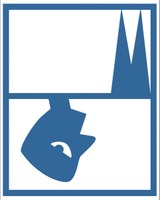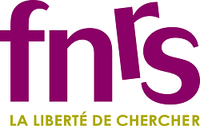Scientific Objectives
Scientific Events for young Researchers of the Franco-German University
Organisation Committee
Solène DENIS, Silviane SCHARL and Jean-Philippe COLLIN (project holders), with Pierre ALLARD, Laurence BURNEZ-LANOTTE, Ingrid KOCH and Daniel SCHYLE
INSTITUTIONS
- LIATEC, Namur University
- CNRS, UMR 7055 Prehistory and Technology
- Institute of Prehistoric Archaeology, Cologne University
Scientific Objectives
From the 6th to the 3rd millennium BC, the Neolithic corresponds to a vast stream of innovations that have affected human societies in temperate Europe. The study of the material culture of these Neolithic populations reveals the existence of very extensive exchange networks. The latter are particularly visible through the sphere of lithic productions. However, the recognition of the circulation of siliceous products is closely related to advances in the characterization of raw materials on the one hand, and technological studies on the other. The study of the networks for the diffusion of raw materials therefore contributes to highlighting the mobility and connectivity of agro-pastoral communities during the Neolithic. The triptych (identification of raw materials/technological analysis/confrontation with theoretical data and modelling) constitutes a rapidly expanding research dynamic for a detailed understanding of the socio-economic organization of Neolithic populations. However, while diffusion networks transcend our national borders, there is currently no cross-border academic training. This project of scientific events for young researchers therefore aims at developing international standards for the analysis of lithic assemblages and at promoting exchange and collaboration beyond the national borders of the area concerned. These standards will be based on the development of commonly agreed criteria creating a modus operandi for the description and analysis of raw materials and technological characteristics. With this in mind, we will seek to pool the highly complementary specific scientific expertise of each of the three institutions involved in this project. In addition, we hope, that the young researchers will also benefit from the intergenerational transmission of this complementary knowledge, since experienced and international renowned experts will take part in the projected workshops.
NAMUR, 21-23rd MARCH 2019
New methods for raw material analysis and application in Benelux/North RhineWestphalia
The first event will take place at the LIATEC laboratory of the University of Namur and will focus on analyzing raw materials used by Neolithic societies. On the one hand, new methods for characterizing siliceous raw materials will be presented based on various scales of observation (macroscopy, mesoscopy and microscopy). These multiscalar analyses essentially aim to assign a flint to its geological formation stratum as well as its gitological origin. By contextualizing the lithostratigraphy in the geological space concerned by the project, the geological and geographical origins of the flint raw material selected by the Neolithic societies under consideration is to be specified. This heuristic approach is very promising for the Benelux and North Rhine-Westphalia as it can be used as a tool to define potential raw material sources. Identifying the most relevant and easy-to-apply analytical criteria for archaeologists will lead us to reconsider the potential of lithothecas for researchers. It will then be necessary to define a common vocabulary and standards starting from a joint systematic discussion of the existing ones to adapt our lithothecas by harmonizing the information currently available. This event will be an opportunity to show the potential and necessity of the resulting common basis as a starting point for analysing the circulation of raw materials during the Neolithic. Exercises with raw material samples from the area under study will put the participants in a position to use and adjust the common standards to their own data.
PARIS NANTERRE, 25-27th JUNE 2019
Lithic technology: principles of analysis and application on Neolithic industries
The second event will take place at the Maison de l'Archéologie et de l'Ethnologie in Nanterre and will focus on the principles of technological analysis of lithic material. The first part of this learning will include a general presentation of the principles of technological analysis of prehistoric lithic industries and their potential for anthropological reflections on past societies. The second day will be the first opportunity to present the new tool of the Prehistory and Technology laboratory: the “technothèque”. The examination of the vocabulary and classification used in this database, will facilitate the definition of standard analysis criteria by comparing them with the methods developed in the German research tradition. Then, the presentations will focus on chrono-cultural contexts common to our study regions to consider the heuristic potential of technological analysis to shed light on the mechanisms of raw material diffusion. These presentations will be systematically illustrated by a direct comparison with the corresponding archaeological material. Practical exercises in the technological sorting of industries will be proposed.
COLOGNE, 9-10th SEPTEMBER 2019
Quantitative Analysis and theoretical Approaches
The third event will take place at the Institute of Prehistoric Archaeology of the University of Cologne. Emphasis will be placed on quantitative analysis and theoretical approaches in order to discuss more general models on raw material diffusion (mainly exchange networks). With this in mind, an introduction to quantitative analysis will be given focused on the application in lithic analysis, as e.g., GIS-analysis (calculation of isolines) or network analysis. In addition, current theoretical models and approaches to interpreting data on lithic assemblages will be presented and discussed critically in order to refine archaeological conceptualization of exchange processes. The workshop in Cologne will close with a trip to the Neolithic flint mine at the Lousberg/Aachen.